Vegetable patches are going purple – garden experts reveal the hero grow your own trend for 2024
It's all about purple vegetables this year...

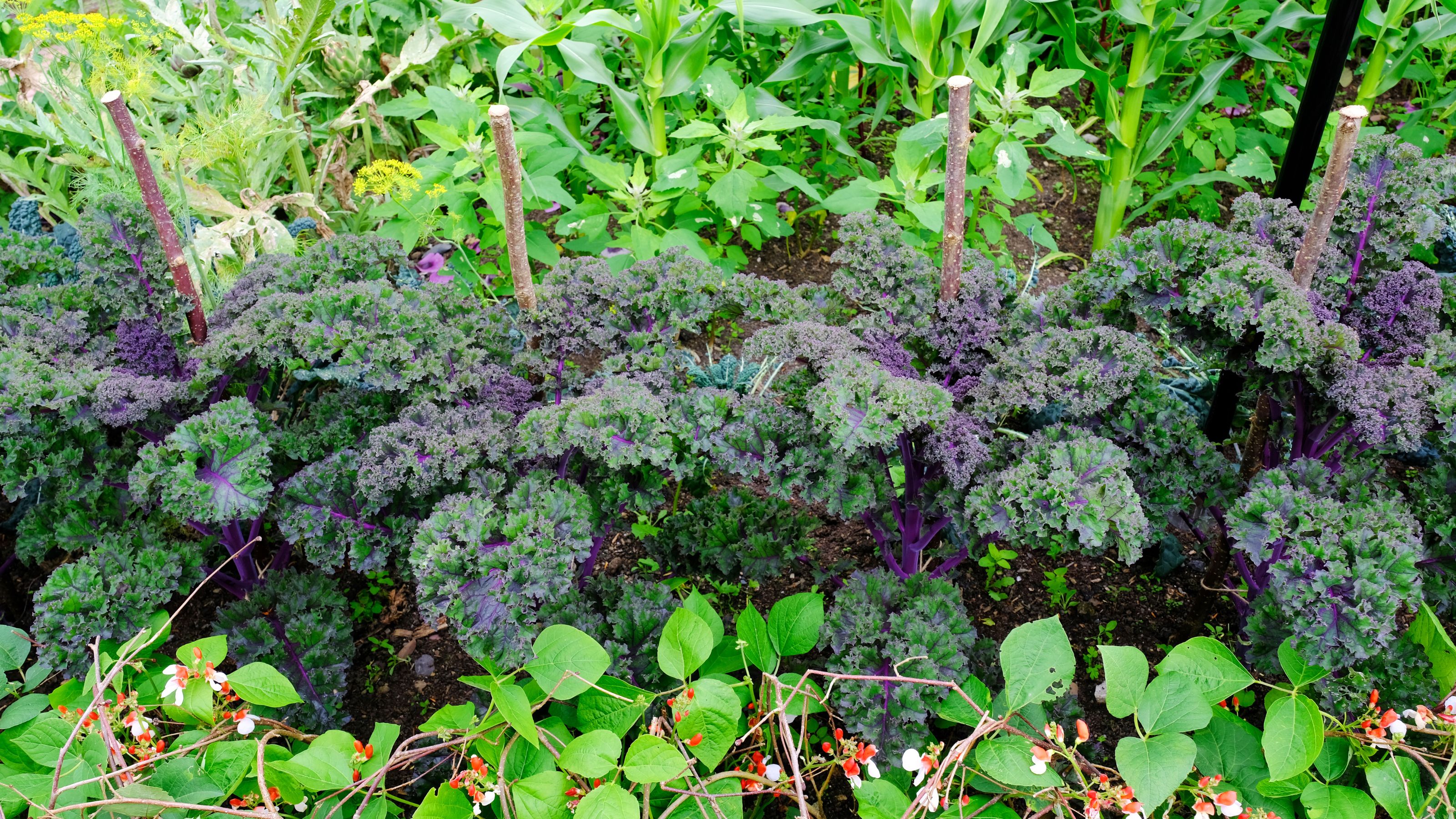
Sign up to our newsletter for style inspiration, real homes, project and garden advice and shopping know-how
You are now subscribed
Your newsletter sign-up was successful
It's never been cooler to grow your own, as all of the waiting lists for allotments up and down the country have well and truly proven. This year, though, the grow-your-own trend is getting a mauve makeover, with purple vegetables proving the 'it' thing to focus your green-fingered efforts on.
Oh sure, you could limit yourself to the easiest vegetables to grow – or stick to the best vegetables to grow in pots – but it seems more and more people are being drawn to a monochromatic palette for their fruit and veg plots of late.
Why? Because the health benefits of vegetables with a natural purple hue just cannot be denied, for starters. And because breeders have begun introducing purple varieties that are genuinely easier to grow than traditional ones.
Purple vegetables are a major garden trend
One of the most popular new garden trend taking over vegetable patches are purple vegetables, they are absolutely having a moment right now.
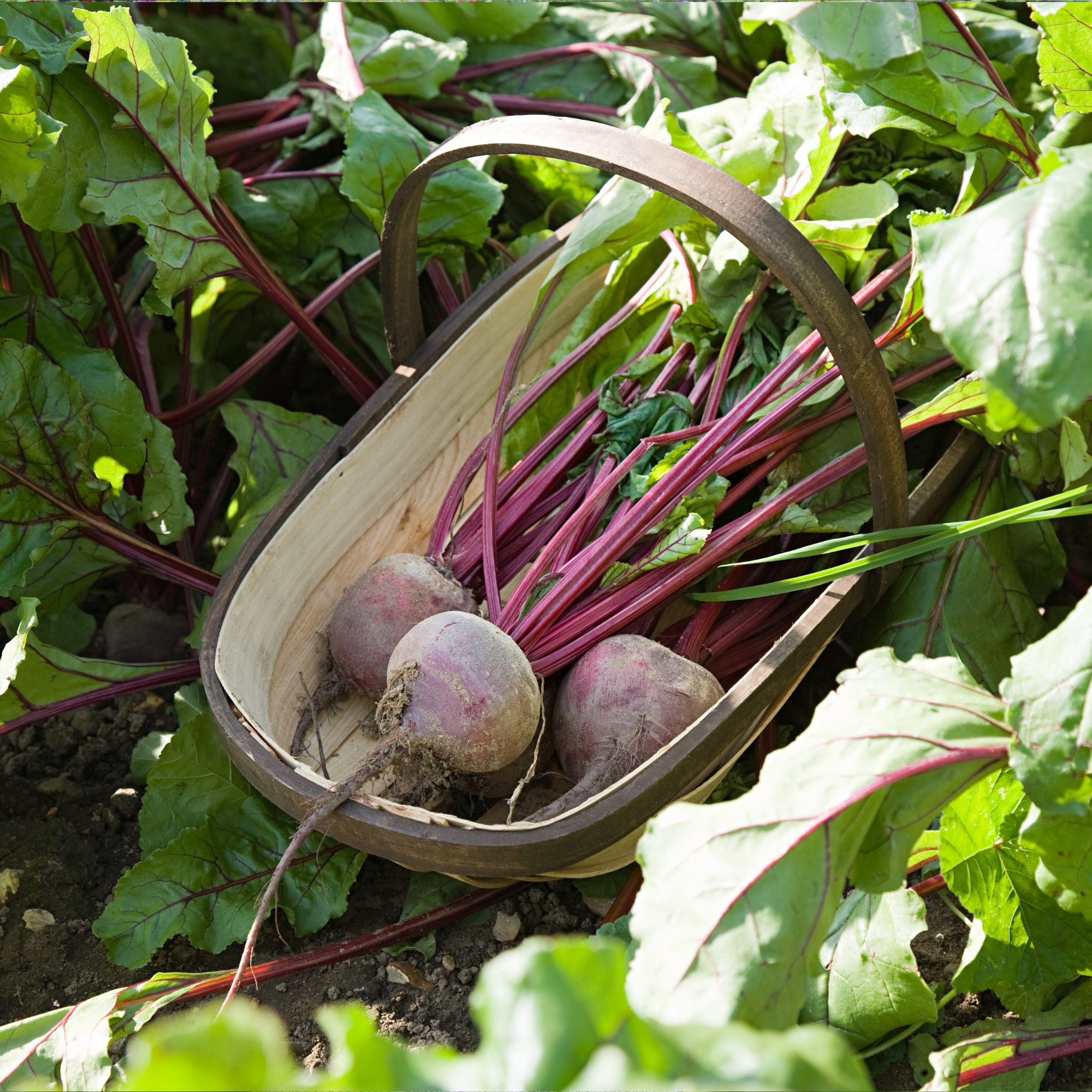
'Amethyst fruits and purple vegetables are not only delicious and packed with nutrients and antioxidants, but they also look gorgeous growing in your greenhouse or garden, too!' says Nelly Hall, gardening enthusiast and brand director at premium bespoke glasshouses manufacturer, Alitex.
'They get their rich colour from natural compounds called anthocyanins which help prevent and repair cellular damage, making most purple crops a superfood.'
Is it any wonder, then, that 'gardeners and chefs can anticipate purple carrots, cauliflowers, broccoli, tomatoes, peas, radish, French beans and lettuces,' according to a spokesperson for the Royal Horticultural Society (RHS).
Sign up to our newsletter for style inspiration, real homes, project and garden advice and shopping know-how
Without any further ado, then, here are the purple vegetables (and fruits) worth growing in your own garden or allotment this year...
1. Beetroot
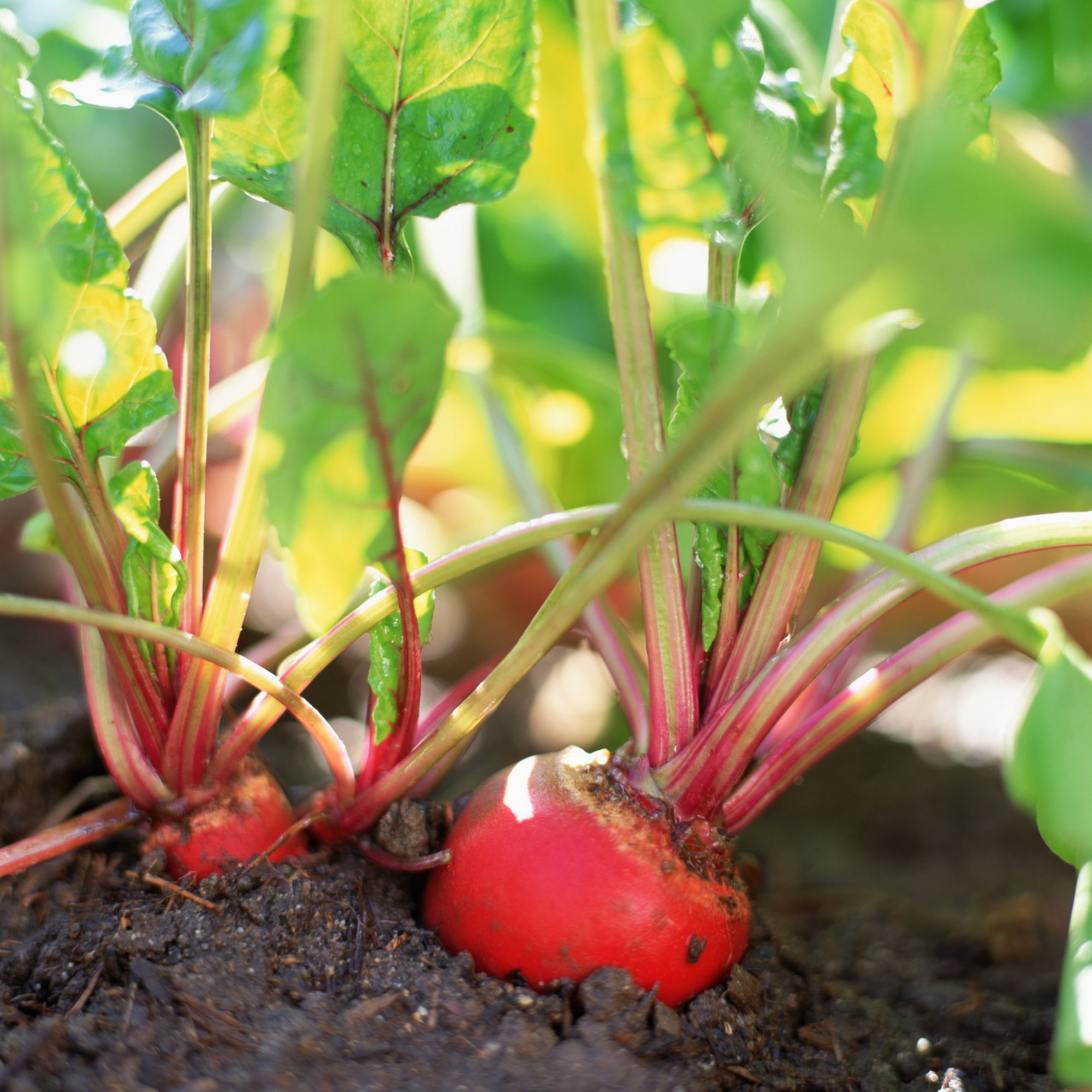
When you hear the term 'purple vegetables', admit it: your mind gores straight to the humble beetroot, doesn't it? Especially as they're very easy to grow, resilient and usually trouble free.
When to plant:
'Beetroot belongs in the sun,' says Sean Lade, director of Easy Garden Irrigation. 'The more sunlight, the better the harvest.'

Sean holds in-depth expertise in gardening and horticulture, with a focus on designing efficient irrigation systems. His solutions grace gardens and nurseries across the UK, embodying an environmentally-conscious approach to water usage. Sean is always happy to share knowledge, guiding gardeners and growers through regular training on irrigation best practices.
Noting that it is better to wait until springtime to plant beetroot as they don't appreciate the cold weather, Sean adds that you should 'keep them watered and avoid letting them go dry'.
'A good soaking every 10-14 days should be enough to keep them on track.'
Beetroot growing tips:
To ensure your first purple vegetables thrive, Sean urges you sow seeds shallowly and thinly for best results.
'Submerge in soil and water well,' he continues, explaining it is best to plant the seeds about an inch deep and two inches apart, and water them regularly once the plants are established, thin them to four inches apart to give the roots room to grow. Once the plants are in their maturing position, mulch the ground to ensure all of the moisture is maintained.'
Where to buy beetroot seeds:
- Thompson & Morgan: we particularly rate their Beetroot 'Boltardy' seeds
- Crocus: try the 'Beetroot of Chioggia' seeds for an unusual striped vegetable
2. Cabbage
Regularly counted among the best vegetables generally, it makes sense that cabbages – or brassicas, if you want to get fancy – are some of the best GYO purple vegetables, too.
When to plant:
While it depends on what season you're growing for (there are winter and summer cabbages), Sean notes that cabbage is a 'cool-season vegetable that can be grown in the spring or autumn'.
'Red (Brassica Oleracea F. Rubra) cabbage seedlings can be planted out into beds at the beginning of April,' he says, adding that 'the colour of the plant varies according to the soil pH levels.
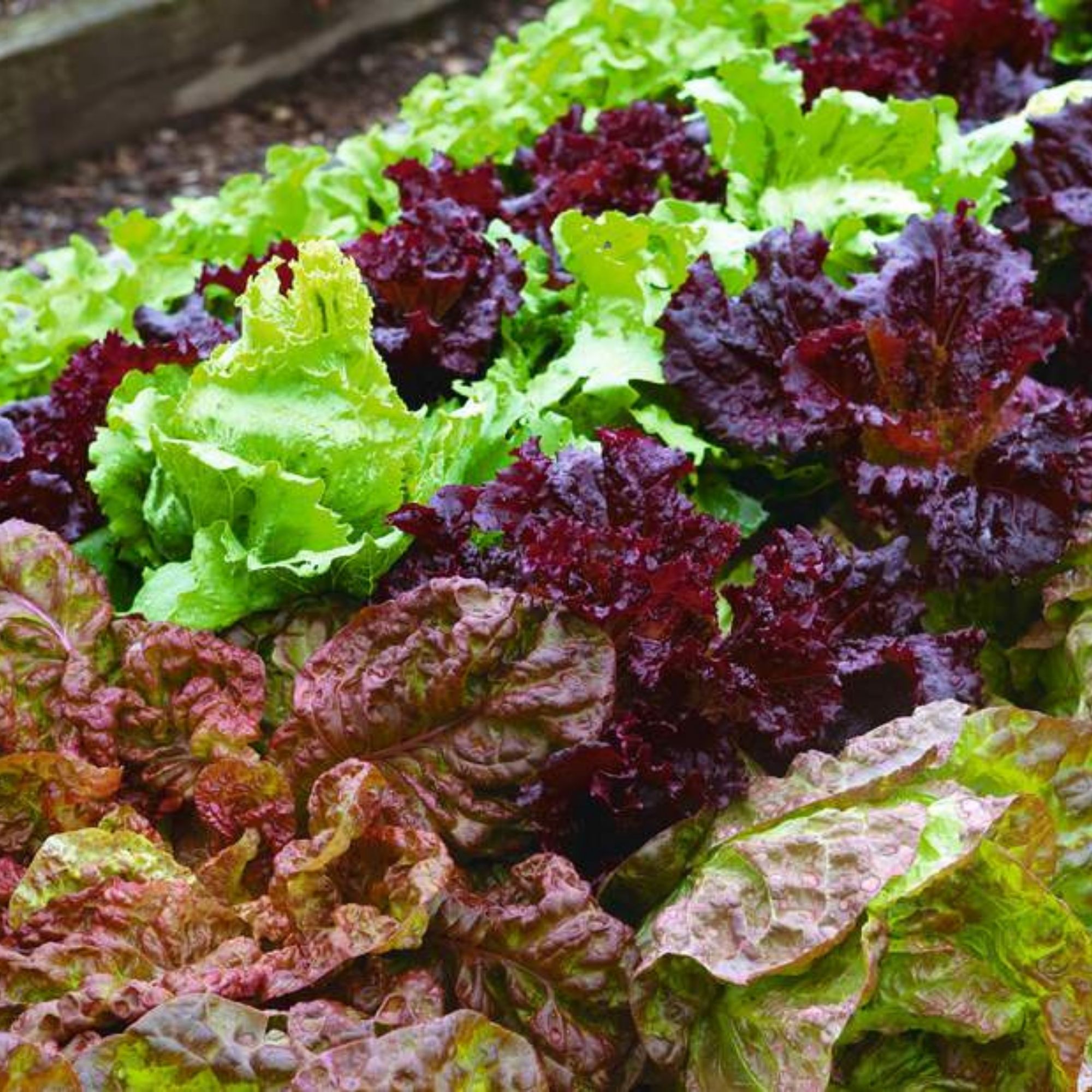
'In acidic soils, the plant exhibits a red hue, while in alkaline soils, it adopts a blue tint. This intriguing trait serves as an informative indicator, offering insights into the pH levels of your garden soil.'
Tips for growing cabbage:
Sean says you should 'plant the cabbage seeds or seedlings about an inch deep and 18 inches apart, and water the plants well'. They are ready to harvest when the cabbage heads are firm and tight.
Where to buy cabbage seeds:
- Thompson & Morgan: try the Cabbage 'Pretino' F1 seeds if you need the perfect red cabbage for small gardens
- Crocus: you can buy seeds for the Cabbage 'Red Drumhead' if you're looking for a truly reliable crop
3. Purple Sun F1 Hybrid Carrots
Whether you sow them into a traditional vegetable plot, have a bash at chaos gardening, or learn how to grow carrots in containers, the purple version of these beloved root vegetables are incredibly easy to grow.
When to plant:
'These purple beauties are a great addition to your garden and diet,' promises Sean, suggesting you 'plant the carrot seeds during the spring months, ideally from April to June'.
'Sow the seeds thinly at a depth of 1cm (½in) in rows spaced 30cm (12") apart, taking time to choose a location in your garden that receives full sun to promote optimal growth and thriving carrots.'
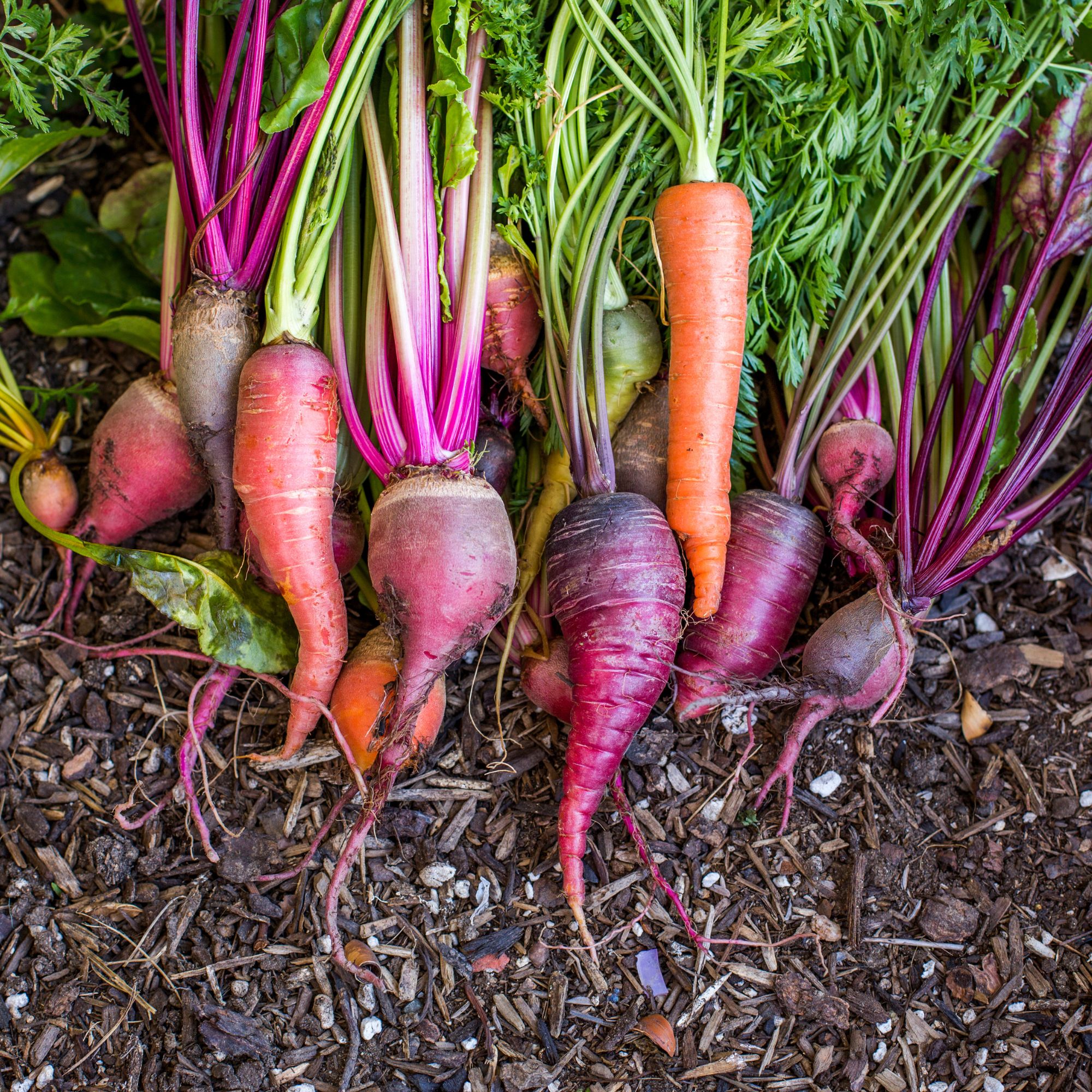
Once you have taken these steps, germination should happen within 10 to 20 days.
Tips for growing purple carrots:
Sean says it's important to make sure the soil is airy and has a nutritious mix to help the carrots thrive.
'Water regularly, but don't panic and overwater. Your first carrots should be ready to harvest approximately 10 to 14 weeks after the initial sowing – check their readiness by gently removing the soil mix around the base of the leaves and looking for a diameter of at least 2 to 3 cm.'
Where to buy purple carrot seeds:
- Thompson & Morgan: try the Carrot 'Cosmic Purple' seeds
- Crocus: shake things up with the Carrot 'Mixed' seeds
4. Purple-sprouting broccoli
One of those purple vegetables that gives as good as it gets, purple-sprouting broccoli is extremely hardy and extremely delicious, making it an excellent choice for beginners to the GYO trend.
When to plant:
'Start by sowing the seeds in a well-prepared seedbed between March and June for a flourishing harvest of purple-sprouting broccoli,' says Sean.
'Plant the seeds at a depth of 13mm (1/2") and space them 30cm (12") apart. Around five weeks later, once the seedlings boast four or five leaves, transplant them to their final positions.'
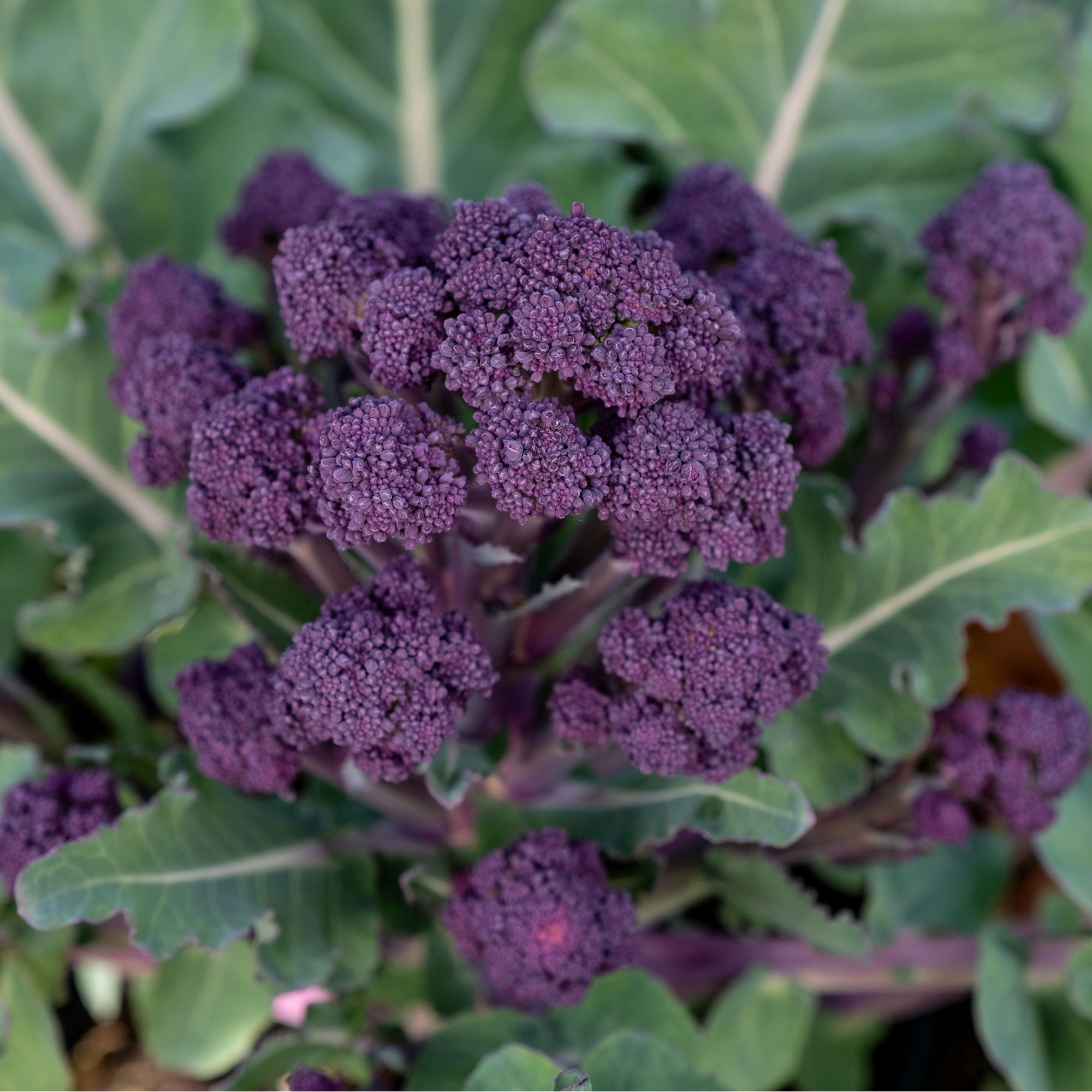
Tips for growing purple-sprouting broccoli:
'When cultivating purple sprouting broccoli, opt for a sheltered spot with firm, rich, and well-drained soil, basking in full sun,' says Sean.
'Kickstart the growing season in early spring by enhancing the soil with plenty of well-rotted farmyard manure for improved structure and fertility. Covering them with protective netting or fleece is advised to ward off bird and insect threats.'
Just don't forget to give your plants a good watering after planting for a hearty start!
Where to buy purple-sprouting broccoli:
- Crocus: have a go with the Broccoli 'Claret' F1 (purple sprouting) seeds
- Thompson & Morgan: give us your best Prince impression with the Broccoli 'Purple Rain' F1 Hybrid (Purple Sprouting) seeds
5. Pacific purple asparagus
Why pay extortionate supermarket and restaurant prices for asparagus when you can grow it at home yourself?
When to plant asparagus:
'Asparagus can be grown from seed or crown,' says Sean. 'Growing from seed requires more time than from crown - adding an extra year onto the 2-year growing process.'
Choose a spot in your garden with plenty of sunlight and well-drained soil, he goes on to advise. 'Asparagus plants can take a few years to mature, so choosing a permanent location is essential.'
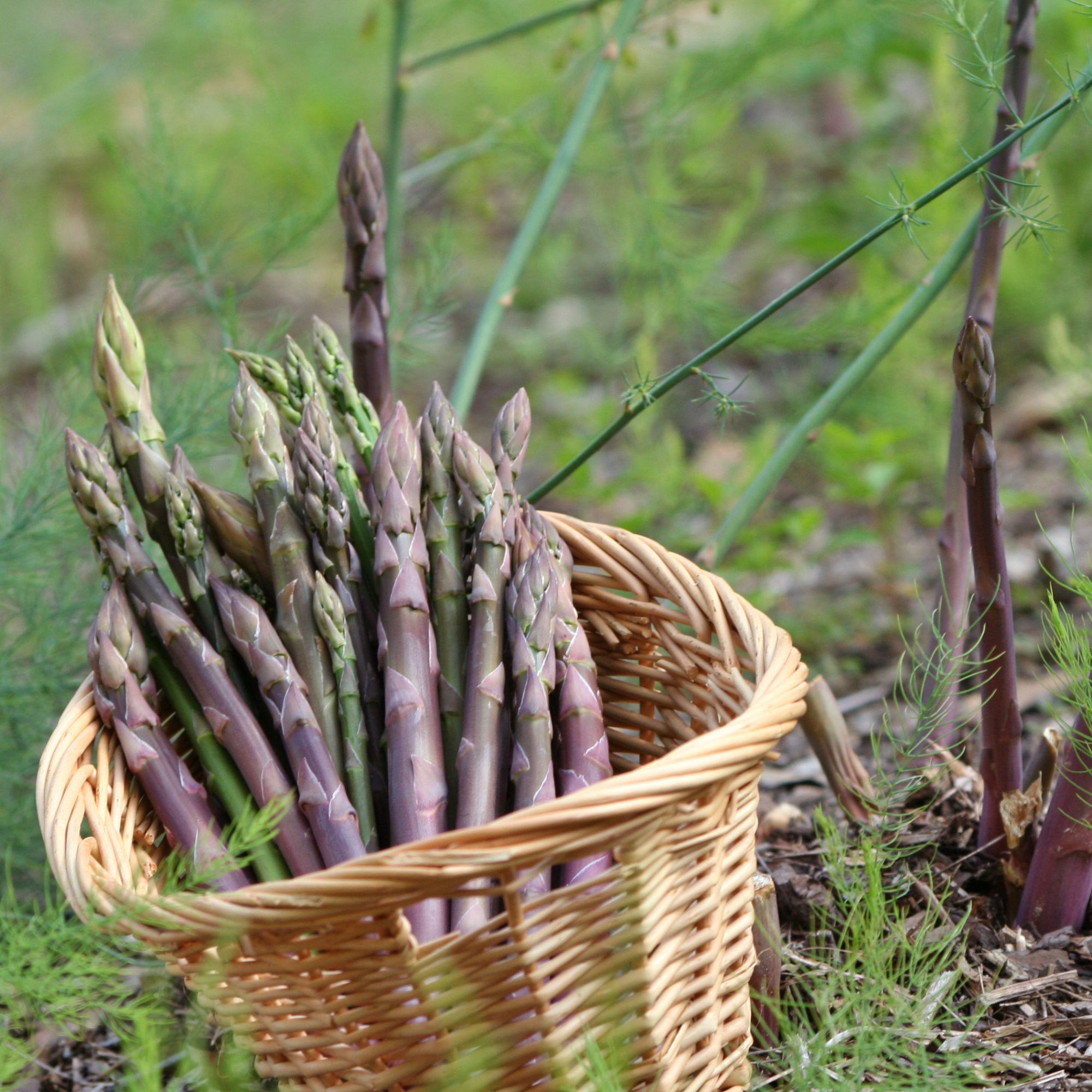
Tips for planting asparagus:
Whether planting in the soil or a raised bed, you should start by removing any weeds and creating a shallow trench about 8 inches deep.
'Plant the asparagus crowns 18 inches apart in the trench, spreading out the roots and covering them with soil,' says Sean.
'Water the plants well and keep the soil moist. As the asparagus plants grow, they gradually fill the trench with soil to support the developing stalks. Once the plants are established, they will produce edible shoots for several years. Asparagus can be harvested when the stalks are about 6-8 inches tall.'
Where to buy asparagus seeds:
- Thompson & Morgan: mix things up with the Asparagus Collection (Spring Planting) seeds
- Crocus: the Asparagus 'Pacific Purple' seeds are sure to add some drama
FAQs
What is a purple edible vegetable?
'There are all kinds to choose from, such as aubergine, beetroot and purple carrots, blueberries, blackberries, and plums,' says Nelly.
'You can also consider growing unusual varieties of your favourites, such as the purple tomato 'Indigo Rose,' which are high in antioxidants and add a lovely, unique flavour to salads. '
How can I make a purple vegetable garden?
As well as filling your garden with purple fruits and vegetables, you might want to try a dash of purple companion planting, too.
'Consider making your garden even more eye-catching by pairing with companion plants to help attract pollinators and deter pests,' says Nelly.
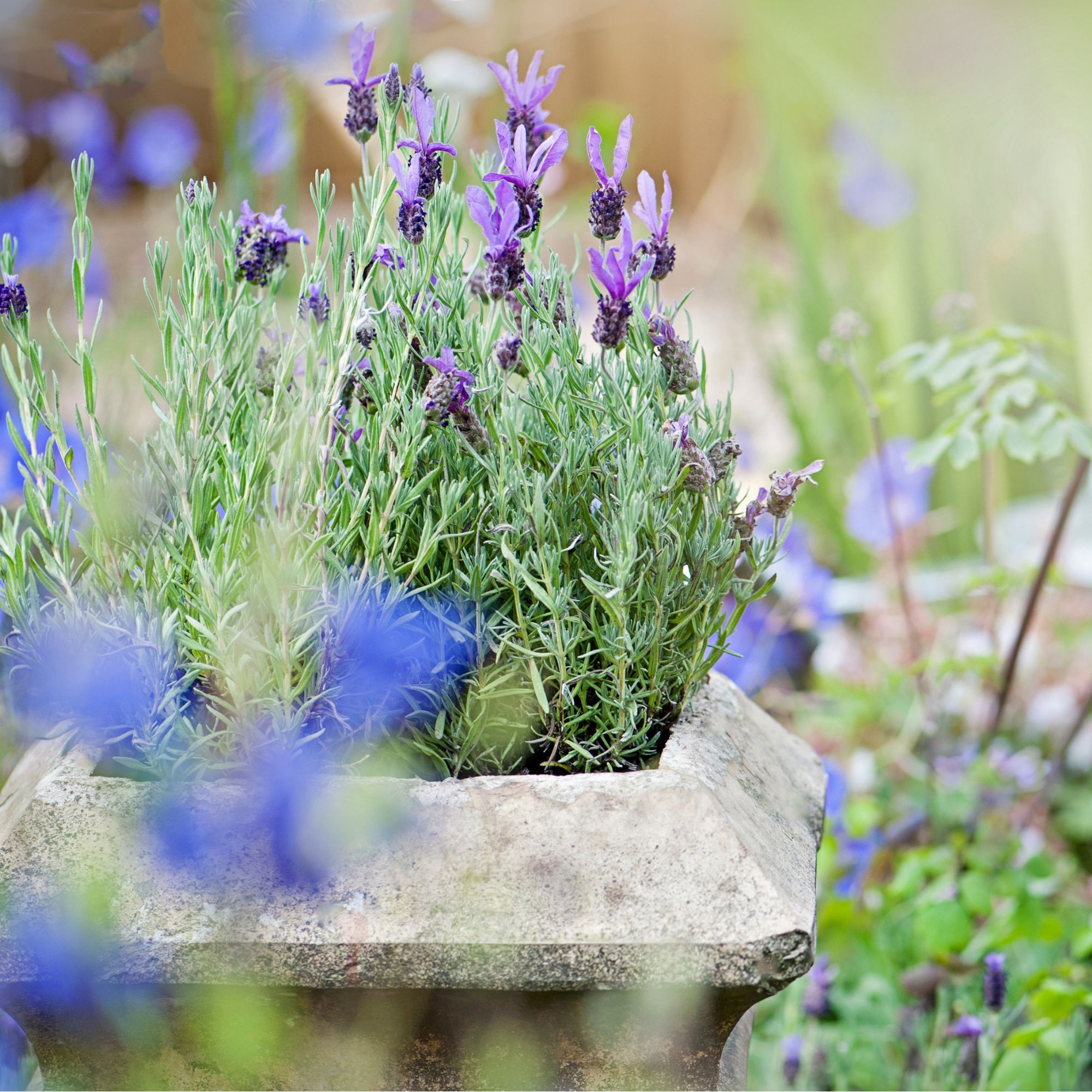
'Lavender or Nepeta will not only add even more purple to your patch, but will also attract bees and butterflies, making it an ideal neighbour for crops such as tomatoes and carrots,' finishes Nelly.
And just like that, we're off to make our own vegetable dreams a reality. Come join us, why don't you?

Kayleigh Dray became Ideal Home’s Acting Content Editor in the spring of 2023, and is very excited to get to work. She joins the team after a decade-long career working as a journalist and editor across a number of leading lifestyle brands, both in-house and as a freelancer.